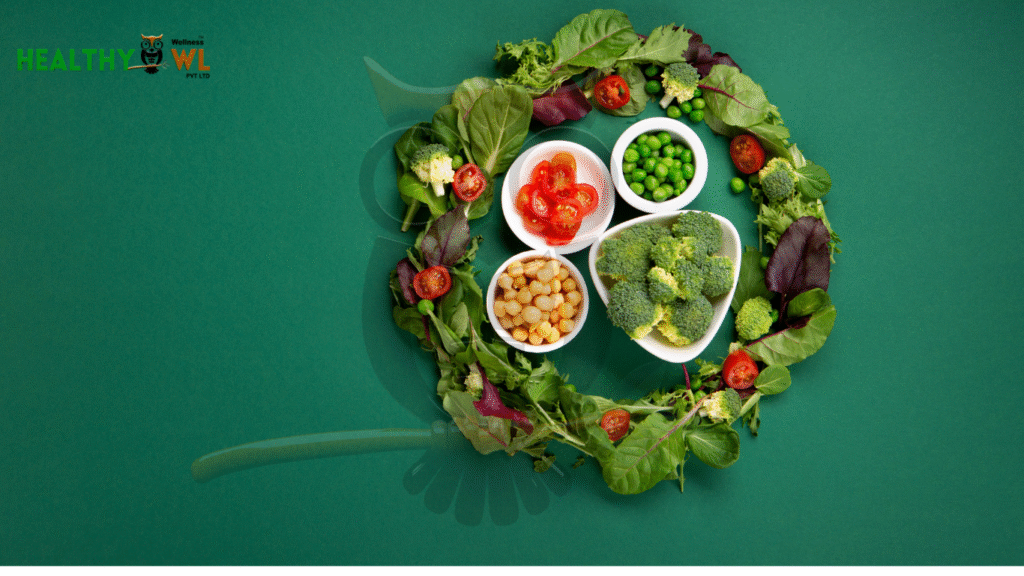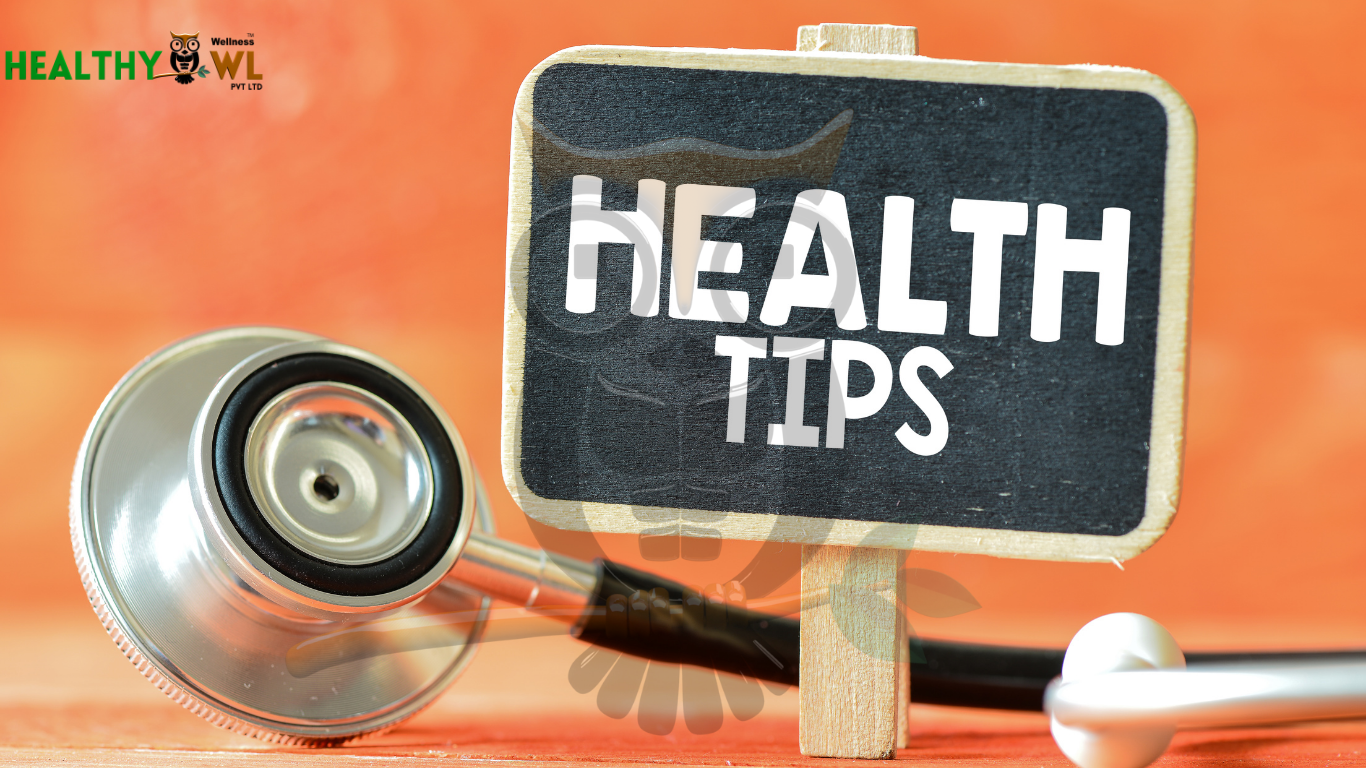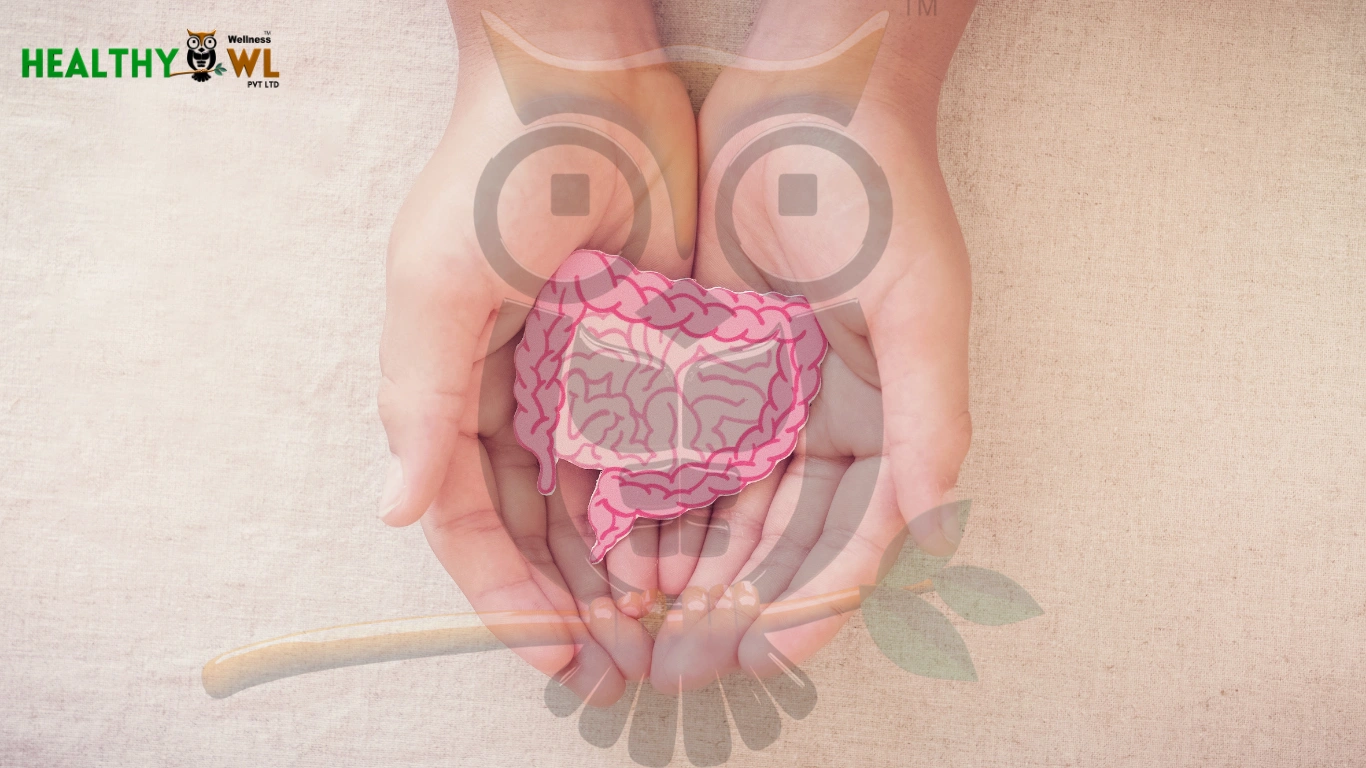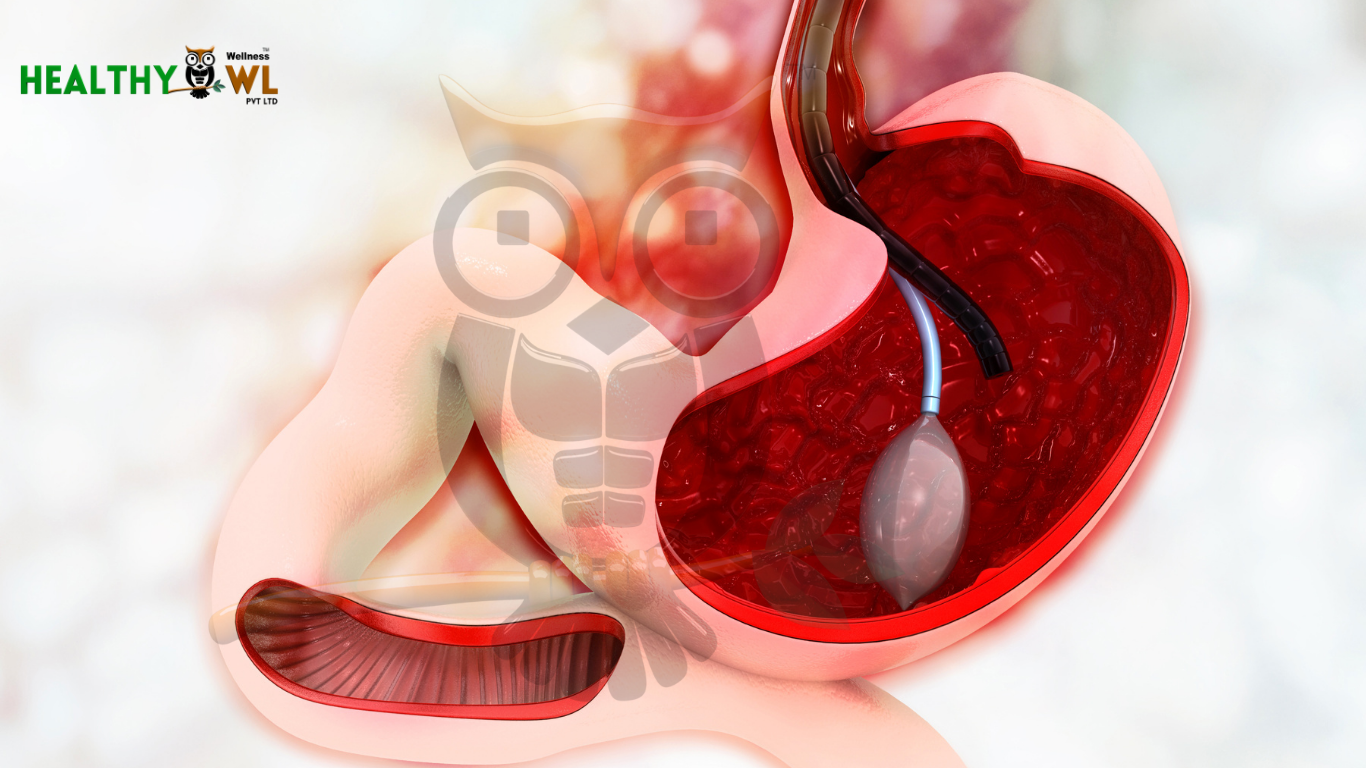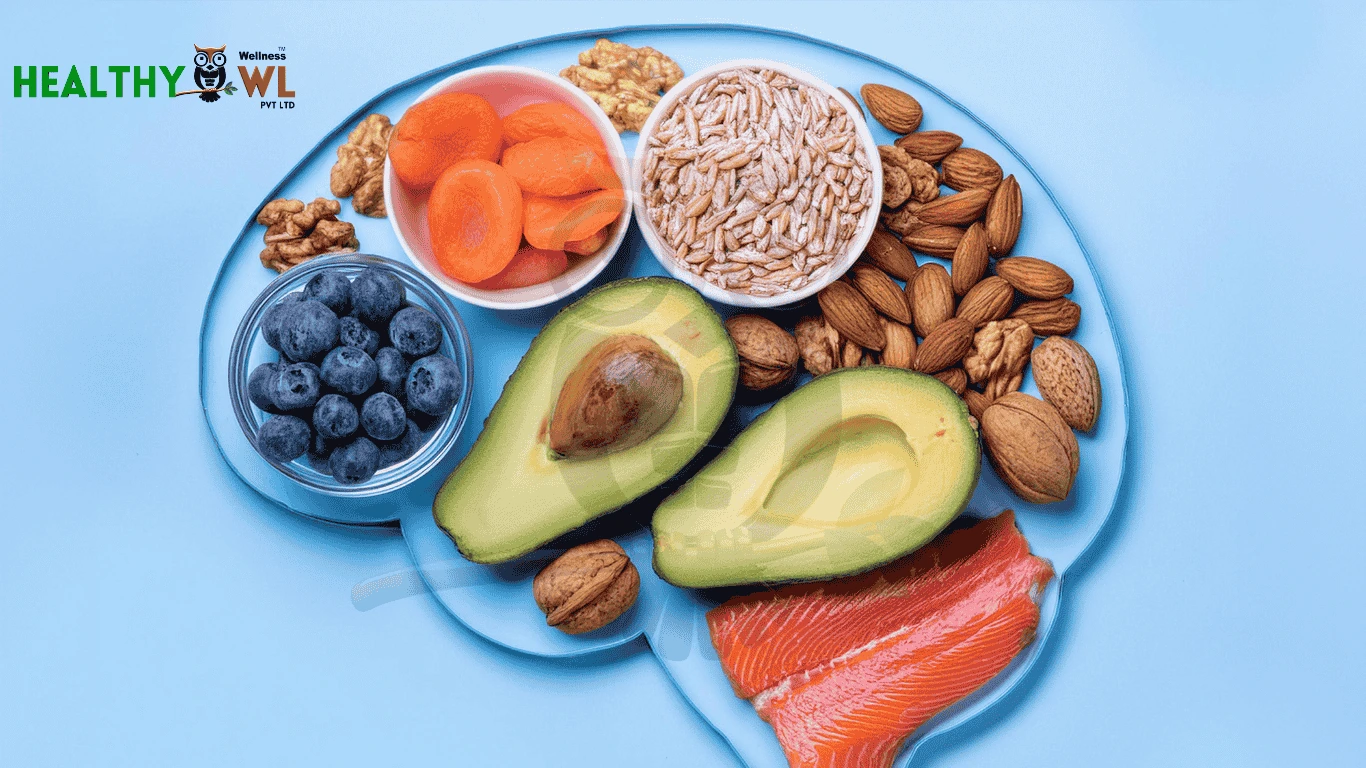Imagine transforming your health with every bite you take. Plant-based diets are becoming a popular and sustainable way to support overall wellness, providing your body with nutrient-rich foods that not only taste good but do well for you. Whether you’re looking to improve your energy levels, boost your heart health, or simply feel better, shifting to a plant-based diet can offer impressive benefits. The best part? It’s easier than you think to make the change. Let’s dive into how to get started and why a plant-based diet could be the best decision for your health.
Why a Plant-Based Diet?
- Health Benefits that Go Beyond the Scale
A diet filled with plant-based foods such as fruits, vegetables, legumes, and whole grains is packed with essential nutrients that your body needs to thrive. Studies show that plant-based diets can lower the risk of chronic conditions like heart disease, type 2 diabetes, and high blood pressure. These diets are high in fiber, vitamins, and antioxidants, which help reduce inflammation and improve overall body function. - Weight Management and Energy Boost
One of the most noticeable changes people experience after adopting a plant-based diet is improved weight management. Whole, plant-based foods are nutrient-dense yet low in calories, helping you feel full without overeating. Thanks to the high fiber content, plant-based meals help regulate digestion and keep your energy levels stable throughout the day. - Supports Digestive Health
Fiber is one of the stars of a plant-based diet, playing a crucial role in maintaining digestive health. A diet rich in vegetables, fruits, and grains helps promote healthy gut bacteria, prevents constipation, and ensures a smoother digestive process. This can also lead to better nutrient absorption and overall gastrointestinal health.
How to Transition Smoothly
- Start Slow, Make Small Swaps
You don’t need to make drastic changes to your diet all at once. Begin by making simple swaps. Try almond or soy milk instead of dairy, or experiment with plant-based proteins like lentils, chickpeas, or tofu in place of meat. Gradual changes help ease the transition and allow you to explore new flavors without feeling restricted. - Prioritize Whole Foods
Emphasize including whole, minimally processed foods in your daily meals. Think colorful vegetables, hearty grains like quinoa and brown rice, and legumes such as lentils and beans. These foods are packed with essential nutrients like fiber, vitamins, and minerals that contribute to a balanced, nourishing diet. - Meal Prep for Success
Planning your meals ahead of time is key to making a successful transition. Choose a few plant-based recipes to prepare each week and ensure your kitchen is stocked with essentials like grains, beans, nuts, and fresh produce. With a little meal prep, you’ll always have nutritious options on hand, reducing the temptation to revert to less healthy choices. - Explore Plant-Based Proteins
A common worry with plant-based diets is ensuring adequate protein intake. Rest assured, there are plenty of plant-based protein options available! Foods like tofu, tempeh, quinoa, lentils, and chickpeas are excellent sources of protein. Try different recipes that feature these ingredients to keep your meals interesting and flavorful. - Educate Yourself on Nutrient Needs
While plant-based diets are rich in many nutrients, it’s important to pay attention to certain key vitamins and minerals that might be harder to get, such as B12, vitamin D, and omega-3 fatty acids. Incorporate fortified foods or consider supplements to ensure you’re meeting all of your nutritional needs. - Stay Flexible and Enjoy the Process
Every journey to plant-based living is unique. Don’t be too hard on yourself if it takes time to fully transition. Experiment with new recipes, discover plant-based snacks you love, and enjoy the process of nourishing your body in a whole new way.
Supplements to Consider
While most nutrients can be obtained through whole foods, some vitamins like B12, vitamin D, and omega-3 fatty acids may need extra attention. Consider adding fortified foods or supplements to ensure that you’re covering all of your nutritional bases.
Conclusion
Transitioning to a plant-based diet doesn’t have to be complicated or restrictive. By making small, gradual changes, you can reap the many health benefits this lifestyle has to offer while enjoying a variety of delicious, nutrient-dense foods. Whether you’re aiming to improve your health, manage your weight, or simply feel more energized, plant-based living could be the step that gets you there.
Looking to make the switch to a plant-based diet?
At Healthy Owl, our nutrition experts can help you transition smoothly while ensuring you meet all your nutritional needs. Whether you need personalized meal plans or tips on plant-based proteins, we’re here to guide you every step of the way.
Contact us today to get started on your plant-based journey!


